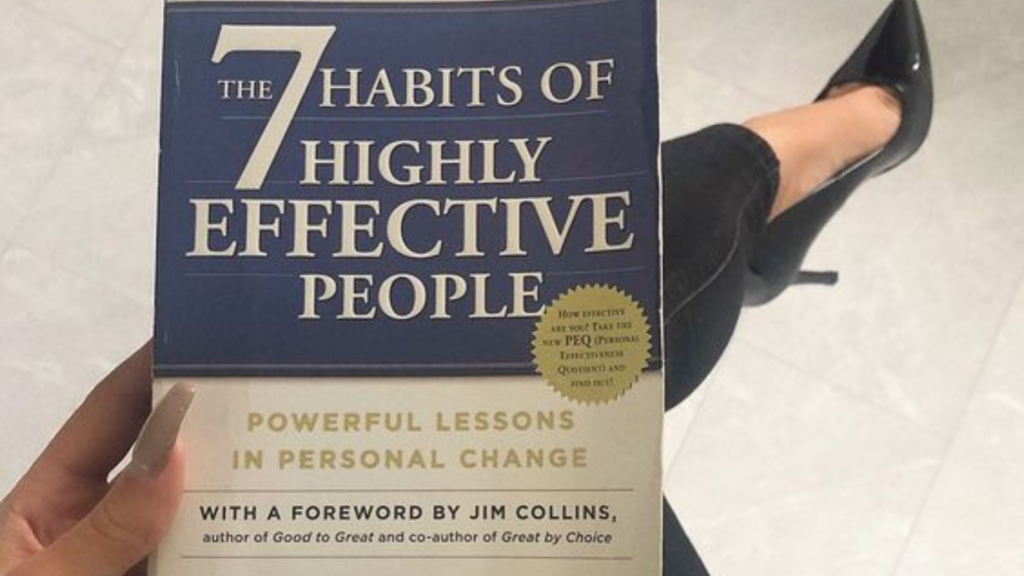“The 7 Habits of Highly Effective People” by Stephen R. Covey offers a range of strategies and exercises aimed at personal and professional growth. Here are some specific strategies and exercises recommended in the book, along with their potential impacts:
1. Personal Mission Statement:
Exercise: Covey recommends creating a personal mission statement. This is a written document that outlines your core values, principles, and long-term goals.
Impact: A personal mission statement helps clarify your purpose and priorities. It serves as a guide for decision-making, enabling you to align your actions with your values, both personally and professionally.
2. Time Management Matrix:
Exercise: Covey introduces the Time Management Matrix, a tool that categorizes tasks into four quadrants based on their urgency and importance.
Impact: This matrix helps individuals prioritize tasks effectively. By spending more time in Quadrant II (important but not urgent), you can reduce stress, improve productivity, and focus on long-term personal and professional goals.
3. Win-Win Agreements:
Exercise: Covey recommends using the “Win-Win” approach in negotiations and interpersonal relationships. This involves seeking mutually beneficial solutions.
Impact: By fostering a win-win mindset, you can build stronger relationships, resolve conflicts more effectively, and create a positive, cooperative atmosphere in both personal and professional interactions.
4. Empathetic Listening:
Exercise: Covey advocates the habit of seeking first to understand before being understood. This involves actively listening to others and empathizing with their perspective.
Impact: Developing empathetic listening skills can enhance communication, reduce misunderstandings, and strengthen personal and professional relationships. It can also lead to better problem-solving and collaboration.
5. Proactive Language Shift:
Exercise: Covey suggests replacing reactive language with proactive language. For example, replacing “I can’t” with “I can” or “I choose” emphasizes personal responsibility.
Impact: Changing your language can transform your mindset. By recognizing your own agency and choices, you become more proactive and less likely to feel victimized by circumstances, leading to greater personal and professional empowerment.
6. Sharpen the Saw:
Exercise: Covey emphasizes regular self-renewal in four areas: physical, mental, emotional, and spiritual. He encourages activities like exercise, reading, relaxation, and meditation.
Impact: Prioritizing self-care and renewal boosts personal well-being, resilience, and overall effectiveness. It helps prevent burnout and enhances your capacity to handle challenges both in personal and professional life.
7. Circle of Influence and Circle of Concern:
Exercise: Covey introduces the concept of focusing your energy on your Circle of Influence (things you can control) rather than your Circle of Concern (things you can’t control).
Impact: By concentrating on what you can influence, you become more effective in solving problems, making positive changes, and achieving your goals, both personally and professionally.
These strategies and exercises from “The 7 Habits of Highly Effective People” provides practical tools for personal and professional growth. They empower individuals to take control of their lives, improve relationships, and achieve greater effectiveness in various areas. By internalizing and applying these habits, individuals can lead more purposeful, balanced, and successful lives.

Dr. Joanna Smith, DNP, MSN, RN, MBA, SSGB, RT, LE, CLT
President & CEO
Integrated Medicine Institute, Inc.

